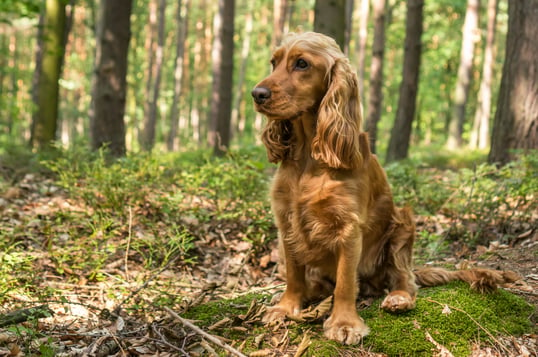Alyson Bunn
While you may want to pick a dog for your family based on their sweet eyes or soft fur, there are better factors to consider when bringing a cute pup home for the family.
Temperament
A dog’s temperament is arguably one of the most important factors into getting a dog. If you have little kids around, you’ll want dogs with a patient and calm nature that will be gentle and kind. A dog with poor temperament may be cute, but will cause you lots of headaches.
Trainability
Every dog is going to take patience and hours of work to behave acceptably. If you’re busy raising children, it’s better to consider breeds that are eager to please and quick learners.
Energy level
Each family has a different activity level just as dog breeds do. It is important to assess the lifestyle you live and how you can accommodate a dog into that. Getting a herding dog isn’t going to work for a family living in an apartment downtown. If you’re a family of marathon runners, a bulldog isn’t going to keep up, obviously.
Maintenance
Consider the time you’ll have to invest in brushing, trimming, and cleaning up after a particular dog breed. Any thick-coated dog will likely need almost daily brushing and occasional trips to the groomer for a trim. Floppy-lipped Newfoundland are going to require a lot more drool cleaning than that of a beagle. If you’re adopting, you have to consider the frequency of vet visits and if they rely on medications.
Retrievers
Golden Retrievers are incredibly eager to please. They are a friend of all and love being affectionate to their family. They are relatively high energy and will need stimulation through walks and playing. Their fur is something to note as they are prone to dreads if they are neglected of brushing. Surprisingly, they typically keep quiet unless they feel in immediate danger.

Labrador Retrievers are super similar to Goldens in personality and behavioral traits. They are fantastic with children and are high energy. They have a short coat, making their maintenance easier. Like the Golden Retriever, they are also fairly easy to train.

Short-Nose Breeds
Bulldogs are pretty sedentary due to their short nasal passage. They are relatively affectionate and can be good with children as long as they are trained. While they aren't necessarily the quickest learners, they are relatively easy to train. Maintenance for bulldogs is pretty standard with the exception of cleaning their wrinkles frequently.
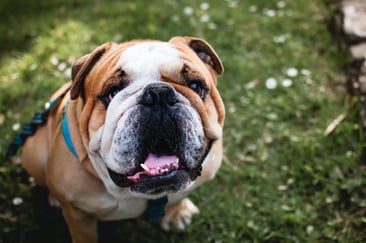
Pugs are great with little kids and are incredibly playful. You won't spend too much time trying to train them as they are relatively quick learners. Just like bulldogs, their wrinkles need cleaned often. Although AKC claims they are minimal barkers, many pug owners find different experiences.

Boston Terriers are overly-friendly and packed with playfulness. They are patient with children and can join a family with pre-existing dogs. They prefer a habitual lifestyle so they thrive off consistency. If you're a city-liver, the Boston Terrier lives up to its name and is a great companion for the city.

Brussels-Griffon are on the more high-maintenance side of short-nosed breeds. Their coat requires substantially more upkeep and they are known to be loud mouths. They are good with children and other dogs when trained, which is rather painless, however if your children are known to roughhouse, this breed likely isn't your best fit.

French Bulldogs, nicknamed Frenchies, are bundles of playful personality. They're patient and kind to children and other dogs, and can go with the flow of your lifestyle. Again, short-nosed breeds aren't ideal for active lifestyles since their small nasal passageways make it hard to keep up. They aren't big on barking however they are notorious for their singing-like noises.
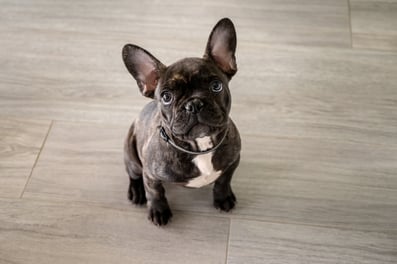
Spaniels
Cavalier King Charles Spaniels are extremely affectionate with anyone and everyone. They are dogs that effectively mold to your lifestyle willingly. Since they shed they are on the easier side of maintenance making them a well-rounded breed.
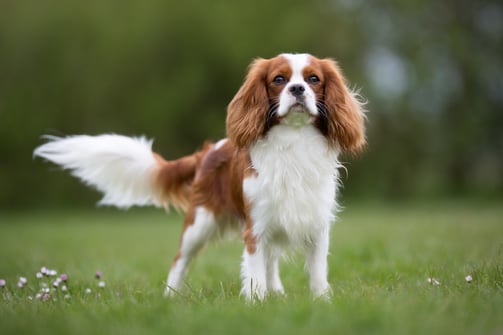
English Cocker Spaniel are equally as friendly as Cavalier King Charles, but in a larger size. Their flexibility to activity is also similar however they're likely to want to move and be active more frequently. Being so people friendly promotes their quick learning and easy training.
Mixed Breeds
Mixed breeds are a guessing game. It is often said that "mutts" still make great dogs because they carry the strong characteristics of all of the breeds in their genetic makeup. Mutts with more than a few breeds mixed in tend to be healthier than purebred dogs. If you're getting a mixed-breed dog, its important to meet them before you take them home and research the behaviors of the possible breeds that may be in its lineage. They can make great family dogs once trained correctly and provide a home for some dogs that found their way to the pound.
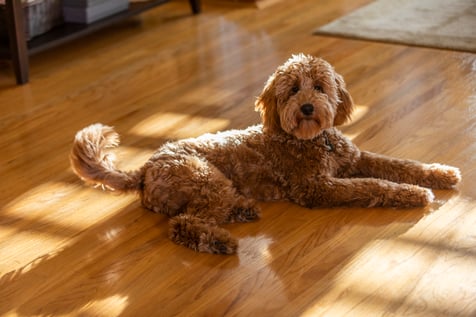
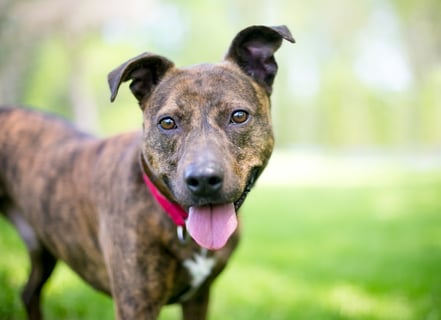
Hunting Dogs
Irish Setters are a medium-sized breed that believe everyone is a friend. They're a great companion to children as they are known to be patient. They are very active dogs and would suit a family that hunts or runs frequently. Their long beautiful fur is an obligation to be prepared for as it will need groomed often and does shed.
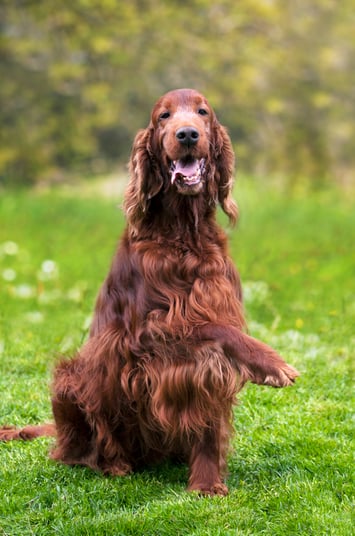
Bloodhounds are large breed, drool-y, sniffers. They've got a lot to say and enjoy long walks where they can investigate smells. They are affectionate but require a substantial amount of time to train and care for. If you're looking for a dog that compliments an outdoorsy family, a bloodhound is absolutely a contestant.
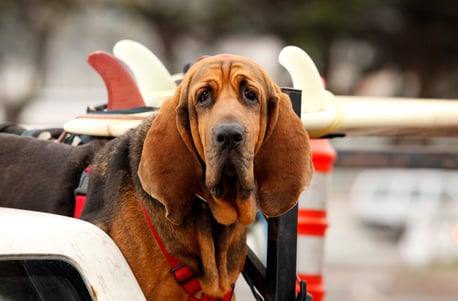
Beagles are great with children and other dogs. They're rather low maintenance if you can get past their vocal nature. They are the most popular hound dog for families in America as they are such a loyal companion. They do have a hunting nature and will likely need a family on the more active side.

Dogs are some of the most defining members of our families. The companionship they bring to children and parents alike is unmeasurable. Dog breeds are great in understanding lineage and personality of dogs, however with good discipline and an eager family, you can make most dogs family friendly.
.png?width=375&height=150&name=MicrosoftTeams-image%20(63).png)
